All Formats & Editions

On Liberty (HPC Classics Series)
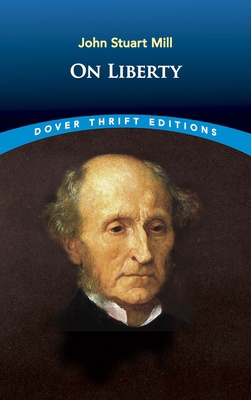
On Liberty
Discussed and debated from time immemorial, the concept of personal liberty went without codification until the 1859 publication of On Liberty. John Stuart Mill's complete and resolute dedication to the cause of freedom inspired this treatise, an enduring work through...
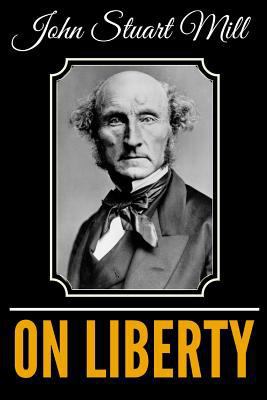
On Liberty
Liberty was published in 1859, when the nineteenth century was half over, but in its general spirit and in some of its special tendencies the little tract belongs rather to the standpoint of the eighteenth century than to that which saw its birth. In many of his speculations...
![La Liberté [French] 1144251001 Book Cover](https://i.thriftbooks.com/api/imagehandler/l/9BAE7B9DB6928B500A774DE2F48FD73C16A5C4D7.jpeg)
La Liberté [French]
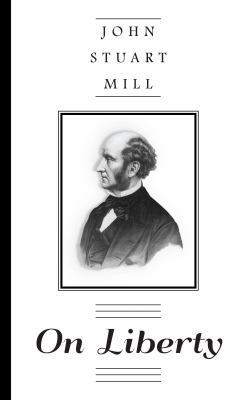
On Liberty

On Liberty
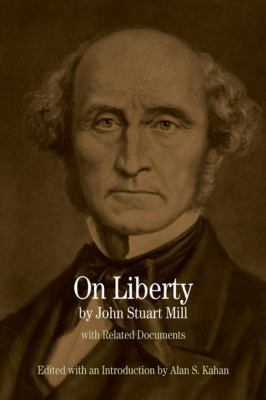
On Liberty: With Related Documents
Combining John Stuart Mill's influential work with a set of relevant primary sources, On Liberty addresses the issues of autonomy and freedom at its core while also offering useful insights into the author's intellectual outlook.

On Liberty
'Over himself, over his own body and mind, the individual is sovereign.' To this 'one very simple principle' the whole of Mill's essay On Liberty is dedicated. While many of his immediate predecessors and contemporaries, from Adam Smith to Godwin and Thoreau, had celebrated...
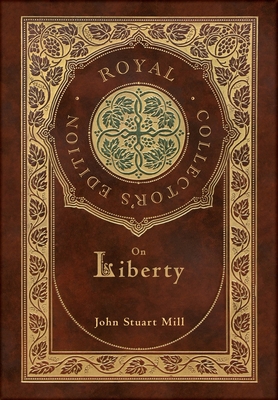
On Liberty (Royal Collector's Edition) (Case La...

On Liberty
John Stuart Mill's classic work on utilitarianism.

On Liberty
THE liberty of the individual and of minority groups to act and think without undue restraint takes precedence in this work. John Stuart Mill's concern is with modern European governments in which "the will of the people" constitutes the authority setting limits on liberty. The...

On Liberty
On Liberty by John Stuart Mill is a seminal work advocating for individual freedom and limited government intervention. Mill argues that people should be free to act as they wish, as long as their actions do not harm others. He emphasizes the importance of free speech, individuality,...

On Liberty
This volume includes the complete essay in five chapters: Introductory; Of the Liberty of Thought and Discussion; Of Individuality, as One of the Elements of Well-being; Of the Limits to the Authority of Society over the Individual; and Applications. With a fine introduction...

On Liberty
In his much quoted, seminal work, On Liberty, John Stuart Mill attempts to establish standards for the relationship between authority and liberty. He emphasizes the importance of individuality which he conceived as a prerequisite to the higher pleasures-the summum bonum...
![Sobre la libertad [Spanish] 198207888X Book Cover](https://i.thriftbooks.com/api/imagehandler/l/79E2A85AEFACB7A69F71335B083C75D2A7B1154E.jpeg)
Sobre la libertad [Spanish]

On Liberty
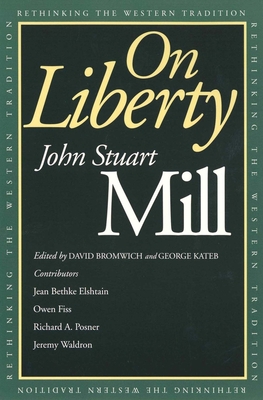
On Liberty
Since its first publication in 1859, few works of political philosophy have provoked such continuous controversy as John Stuart Mill's On Liberty, a passionate argument on behalf of freedom of self-expression. This classic work is now available in a new edition that also...

On Liberty: By John Stuart Mill - Illustrated
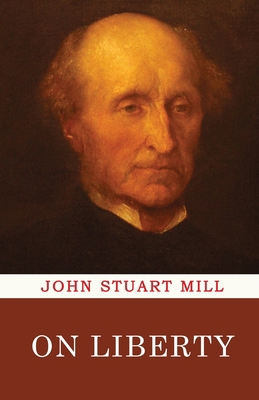
On Liberty
'Over himself, over his own body and mind, the individual is sovereign.' -John Stuart Mill On Liberty presented one of the most eloquent defenses of individual freedom in nineteenth-century social and political philosophy and is today perhaps the most widely-read liberal argument...
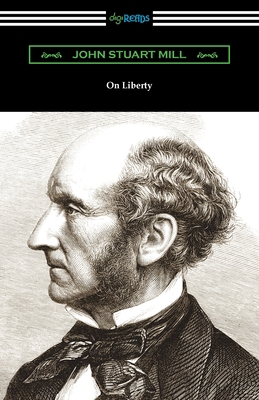
On Liberty
A product of the deliberate effort of his father to create a particular genius that would continue to advance the ethical philosophy of utilitarianism; philosopher, political economist, and Member of Parliament, John Stuart Mill was one of the most influential thinkers of...

On Liberty
'On Liberty' is a philosophical work by English philosopher John Stuart Mill. The work applies Mill's ethical system of utilitarianism to society and the state. Mill attempts to establish standards for the relationship between authority and liberty. He emphasizes the importance...

On Liberty

On Liberty (Hackett Classics)
Contents include a selected bibliography and an editor's Introduction broken into two sections. The first section provides a brief sketch of the historical, social, and biographical context in which Mill wrote and the second traces the central line of argument in the text to...
![Sobre La Libertad [Spanish] 153947402X Book Cover](https://i.thriftbooks.com/api/imagehandler/l/D83416CFDEB9EC9103EB339E14263151D2827BFA.jpeg)
Sobre La Libertad [Spanish]

On Liberty - Ed. Kahn
In this work, Mill reflects on the struggle between liberty and authority and defends the view that "the only purpose for which power can be rightfully exercised over any member of a civilized community, against his will, is to prevent harm to others." He questions attempts to...



